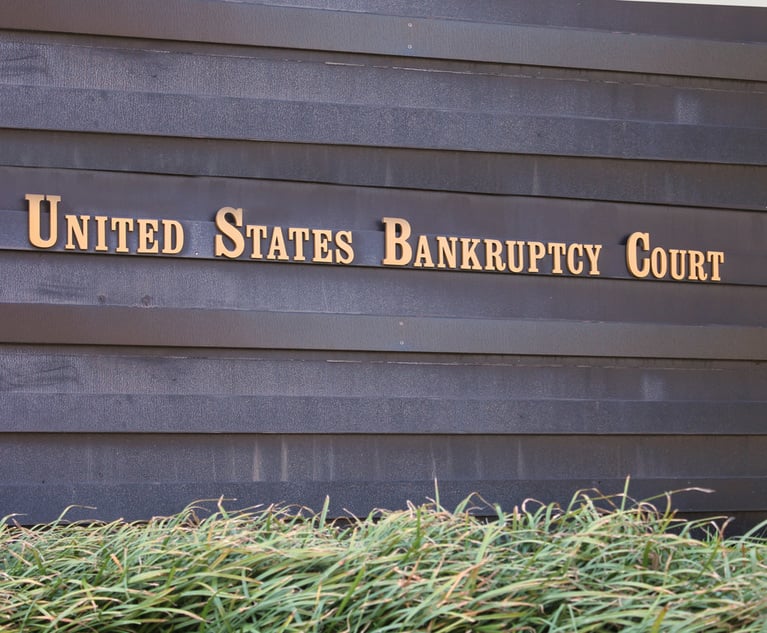Motions in limine are conventionally used to obtain pretrial rulings on the admissibility of evidence. They are more commonly filed to establish the inadmissibility of certain evidence, but can also be used affirmatively. Such motions can also be used in an effort to foreclose a potentially inappropriate line of argument. Their resolution may be conditional, e.g., the court may order the proponent of evidence to refrain from mentioning it in the jury’s presence until a showing is made at side bar that an appropriate foundation can be established, or may direct that a line of argument not be pursued unless the adversary opens the door. Generally speaking, the grant of a motion in limine does not obviate the need for a contemporaneous objection if a litigant engages in conduct contrary to the ruling.
The received wisdom holds that a motion in limine’s scope should be more like a rifle than shotgun, and motions that seek broad advisory orders are commonly denied as unhelpful. Nevertheless, the number and variety of motions in limine have steadily increased over time, with more than one judge making observations that litigators are creatures of habit and that the ease of copying and pasting motions in limine from earlier filings has contributed to the submission of boilerplate motions that do little to serve the stated purpose of increasing efficiency and narrowing disputes in advance of trial.
This content has been archived. It is available through our partners, LexisNexis® and Bloomberg Law.
To view this content, please continue to their sites.
Not a Lexis Subscriber?
Subscribe Now
Not a Bloomberg Law Subscriber?
Subscribe Now
LexisNexis® and Bloomberg Law are third party online distributors of the broad collection of current and archived versions of ALM's legal news publications. LexisNexis® and Bloomberg Law customers are able to access and use ALM's content, including content from the National Law Journal, The American Lawyer, Legaltech News, The New York Law Journal, and Corporate Counsel, as well as other sources of legal information.
For questions call 1-877-256-2472 or contact us at [email protected]


 AdobeStock image
AdobeStock image




